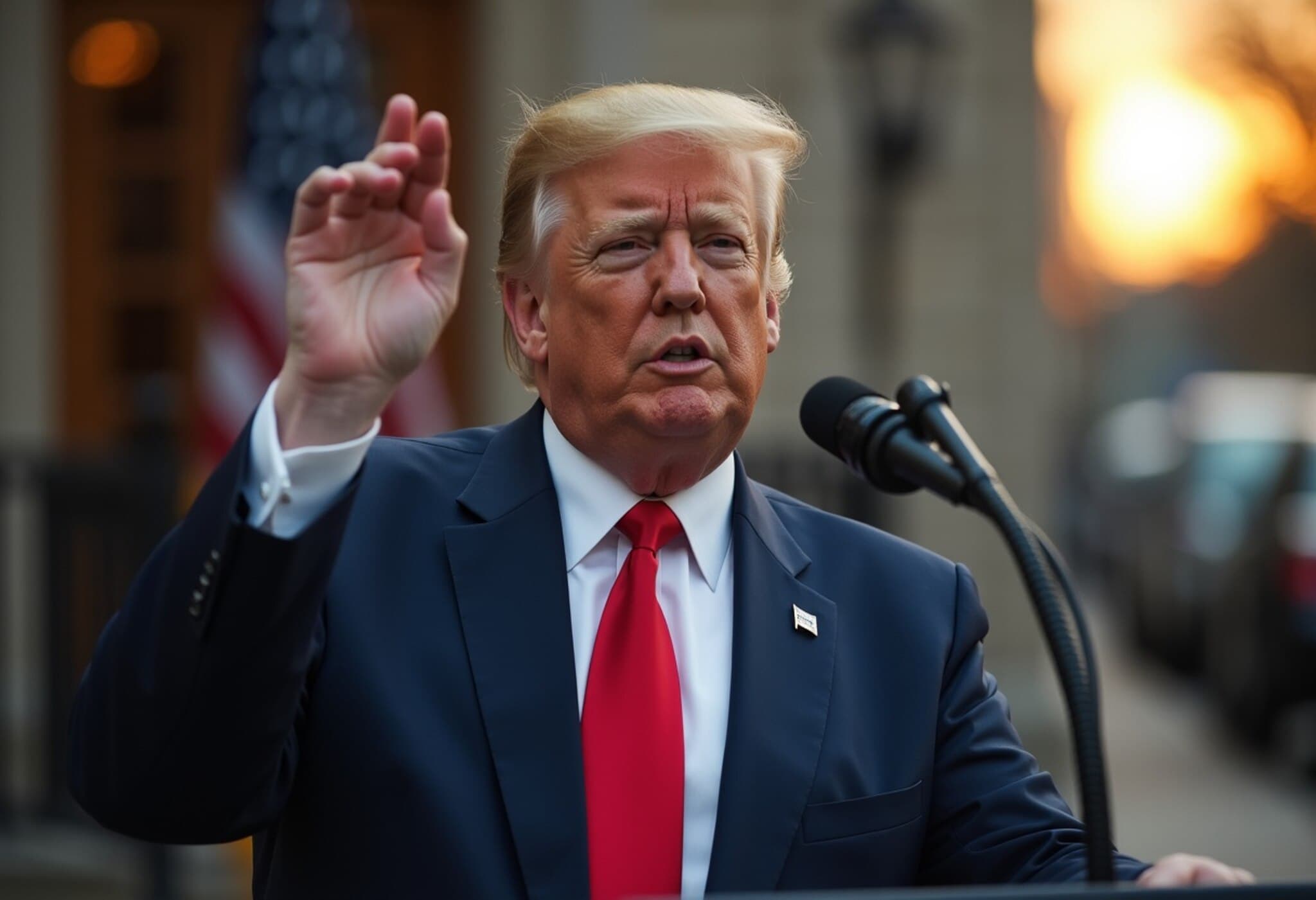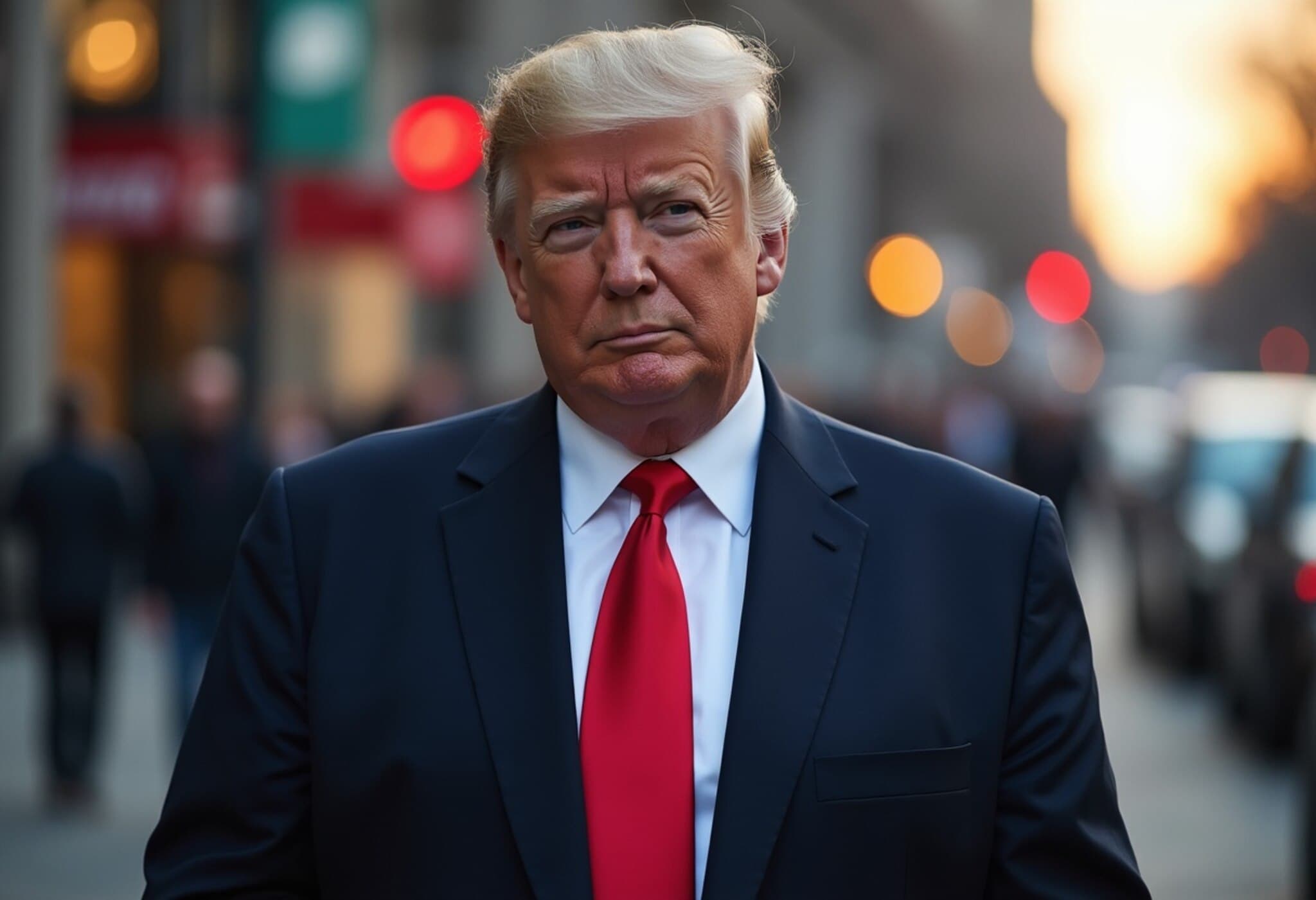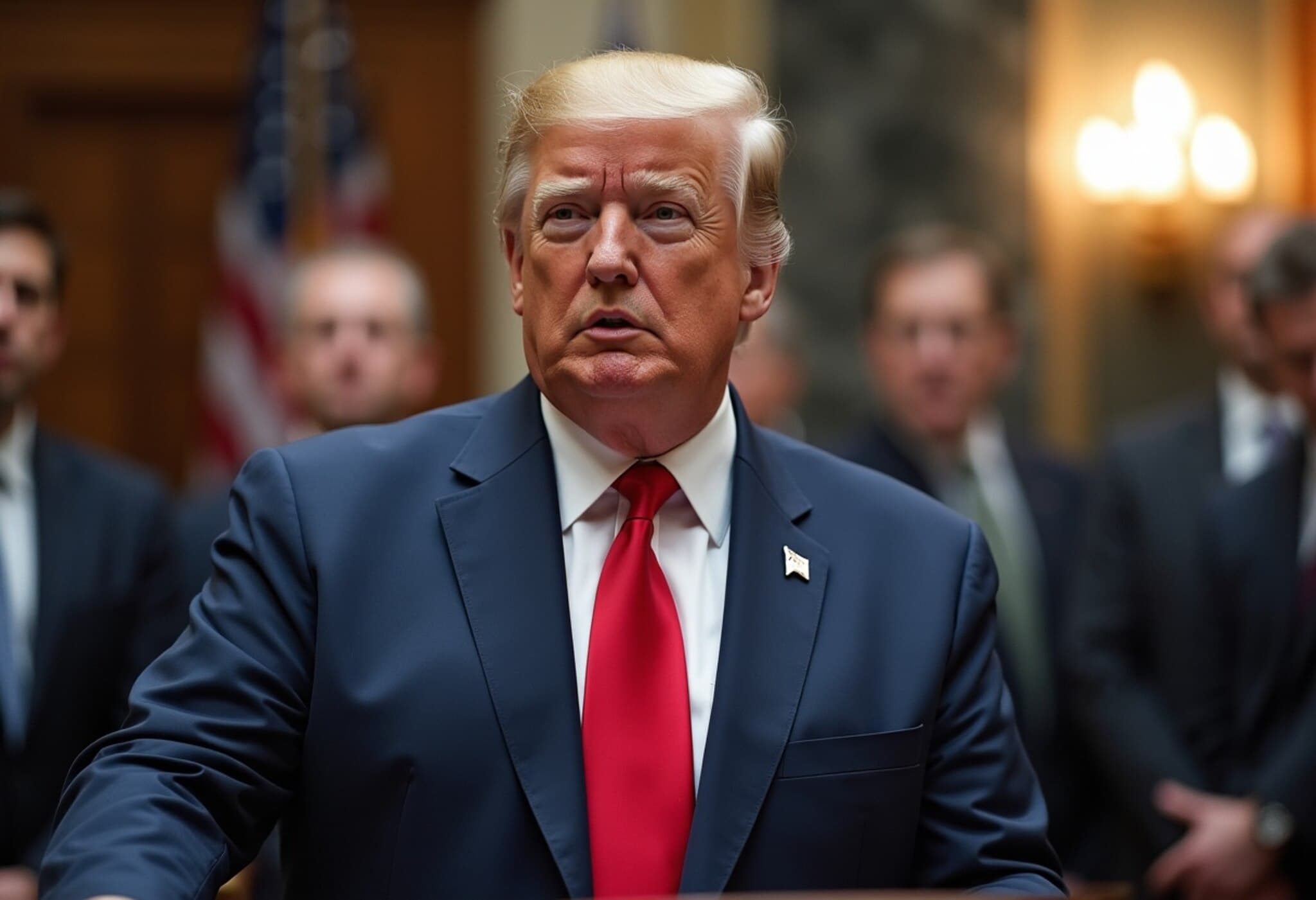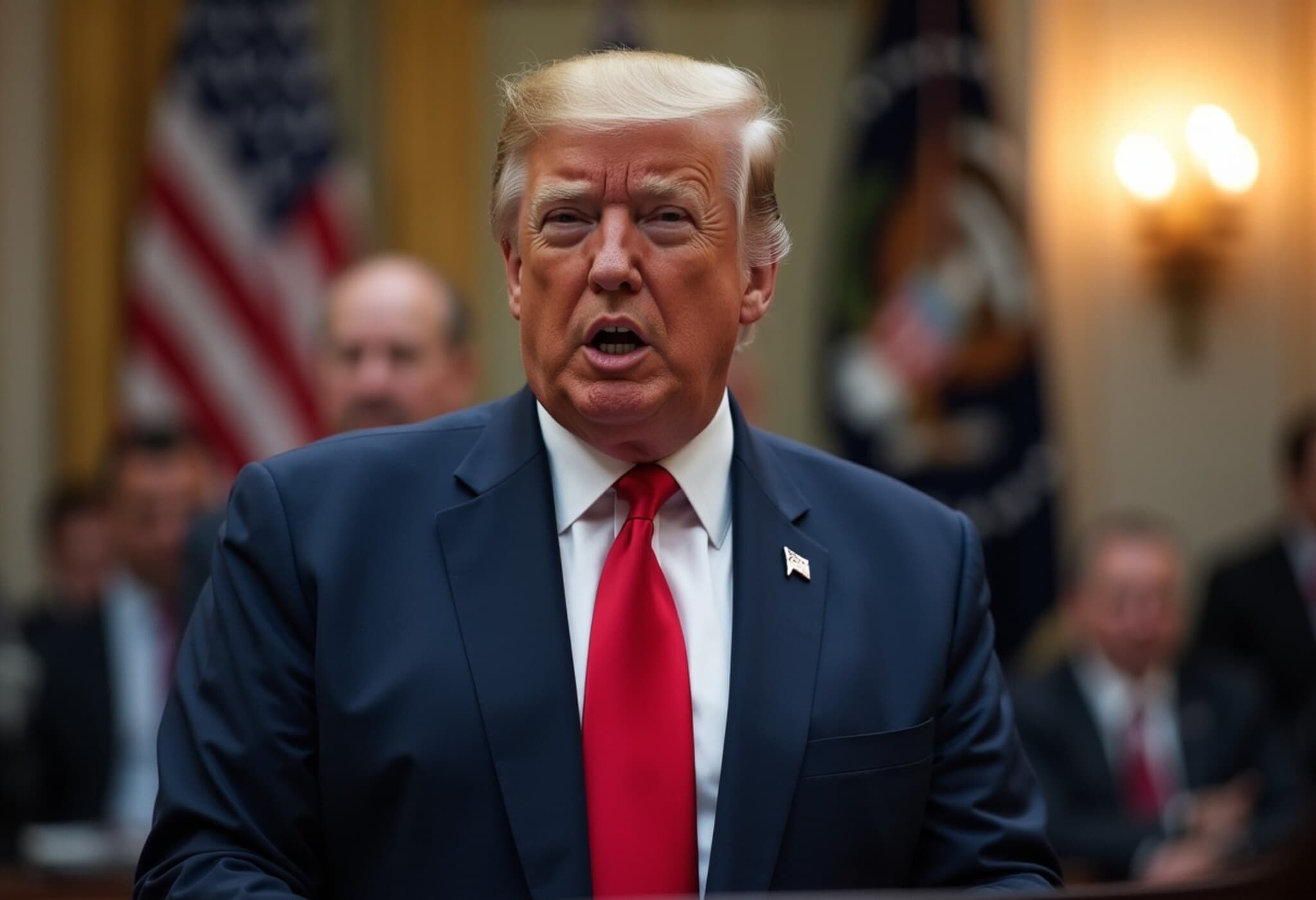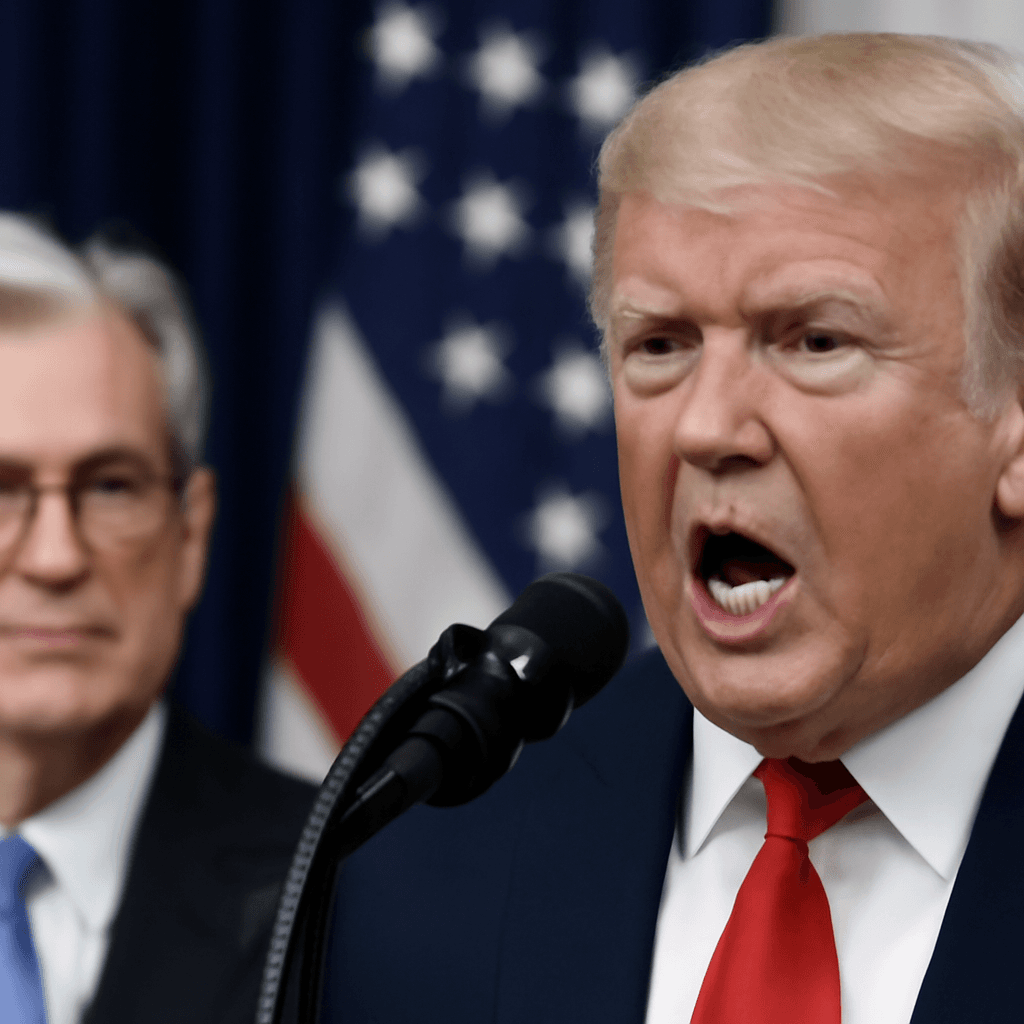Thailand’s Ambitious Casino Legalization Bill Faces Setback
In an unexpected turn of events, Thailand’s government has shelved a controversial bill aimed at legalizing casino gambling, a key plank of the ruling Pheu Thai party’s economic strategy. The move comes amid mounting political turmoil following the suspension of Prime Minister Paetongtarn Shinawatra, profoundly impacting the future of gambling reforms in the Southeast Asian nation.
What Was the "Entertainment Complex" Bill?
The so-called "entertainment complex" bill sought to establish legal casinos in Thailand and position the country as a leading gambling hub within the region. Advocates saw this legislation as a pragmatic way to integrate the sizeable underground gambling market into a regulated framework, generating significant revenue and providing an economic boost after years of sluggish growth.
Thailand currently prohibits most forms of gambling, with strict laws that have driven the industry underground. The bill aimed to transform this dynamic by creating legal venues, which supporters argue would enhance transparency, increase tourism, and reduce illegal activity.
Political Backlash and Uncertainty Stall Progress
Despite its potential benefits, the bill was officially withdrawn on July 8, 2025, shortly after Prime Minister Paetongtarn Shinawatra was suspended from office pending an ethics investigation over her handling of a sensitive border dispute with Cambodia. This ongoing political crisis has overshadowed major policy initiatives, including the casino legislation.
Government spokesperson Jirayu Huangsab explained the withdrawal, citing the need for "more studies that require further understanding and social context." Deputy Finance Minister Julapun Amornvivat characterized the timing as "not appropriate," calling the delay a regrettable missed opportunity for the country.
Leadership in Limbo: How Paetongtarn’s Suspension Impacts Reform
At 38 years old, Paetongtarn Shinawatra is a pivotal figure in Thai politics and part of a prominent political family. Her suspension came amidst a diplomatic incident involving a tense military clash with neighboring Cambodia in late May, which resulted in casualties and heightened nationalist tensions.
While Interior Minister Phumtham Wechayachai currently serves as acting prime minister, the political vacuum has weakened the Pheu Thai party’s influence. The party's narrow parliamentary majority has been further strained by coalition partners reconsidering their alliances amid the scandal.
Paetongtarn remains culture minister, a position retained even after a recent cabinet reshuffle, but her absence from the premiership has disrupted Pheu Thai’s reform agenda — particularly sensitive and ambitious legislative efforts like gambling legalization.
Economic and Social Implications of the Delay
- Economic Impact: Legalizing casinos could have introduced new streams of tax revenue and tourism growth, assisting an economy seeking diversification and robust recovery after pandemic-related setbacks.
- Social Concerns: Critics warn about potential increases in gambling addiction and societal harm; these debates underscore the complexity of implementing such reforms.
- Regional Competition: Neighboring countries like Cambodia and Laos have already developed casino sectors to lure tourists, positioning Thailand at a potential disadvantage if reforms stall.
With the legislation on hold indefinitely, questions arise about Thailand’s ability to reconcile economic modernization with political stability and social welfare.
Expert Insights: Navigating Political Fragility and Economic Reform
Political analysts highlight that the suspension of a sitting prime minister mid-crisis creates a ripple effect extending far beyond individual leadership. Legislative bottlenecks and coalition fractures often result from such instability, challenging governments to maintain momentum on complex reforms.
From an economic policy standpoint, Thailand’s hesitance to regulate its gambling industry reflects a broader tension: balancing the potential fiscal benefits against societal and ethical considerations, particularly in a conservative cultural context.
Looking Ahead: What This Means for Thailand’s Political and Economic Future
Until the Constitutional Court concludes its inquiry—a process that could take months—the fate of the casino bill and other major policies remain uncertain. Thailand’s political actors must navigate a fragile environment where governance is testing the limits of public patience and investor confidence.
The stalled legislation exemplifies how political upheaval can stall promising economic initiatives. For voters and stakeholders, these developments pose critical questions about Thailand’s path forward: Can political reconciliation be achieved rapidly enough to capitalize on economic opportunities? How might the government better align policy reforms with social consensus?
Editor’s Note:
Thailand’s shelving of the casino legalization bill amid a high-profile political scandal epitomizes the challenges of governance in a polarized environment. While economic pressures push for modernization and diversification, political instability threatens to undermine progress. Readers are encouraged to consider how legal reforms in sensitive sectors depend not only on sound policy but also on stable, credible leadership. The unfolding situation invites a broader reflection on the interplay between politics, economics, and social values in emerging democracies.



